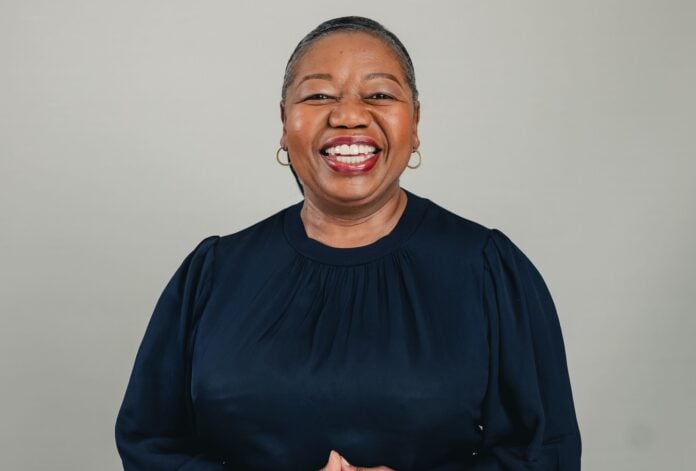Banda Warns of Governance Breakdown as Zambia Faces Institutional Strain
Presidential aspirant Dolika Banda has voiced concern over what she described as a dangerous erosion of Zambia’s democratic framework, warning that the separation of powers between the three arms of government was under threat.
In a podcast interview released over the weekend, Banda argued that Zambia’s stability rests on the independence of its executive, legislature, and judiciary, and that any weakening of these institutions risked concentrating power in ways that undermine accountability. “The doctrine of separation of powers is not an abstract idea, it is the foundation of our democracy,” she said.
Her remarks come amid rising debate over the role of institutions in the run-up to the 2026 elections. Opposition parties have claimed that parliamentary processes are being dominated by the executive, while sections of the public have raised questions about the judiciary’s impartiality in politically sensitive cases. Banda said these developments were indicators of a system under strain.
Zambia has often been cited as a regional example of democratic transition. The country saw peaceful changes of government in 1991, 2011, and 2021, when opposition parties won elections and replaced incumbents without violent upheaval. Banda said this record should not be taken for granted. “History shows that democracies do not collapse overnight, they weaken when institutions are allowed to lose their independence,” she said.
Political analysts note that the warning reflects broader public unease. The recent incident in Parliament, where Mambilima MP Jean Chisenga was allegedly assaulted within the precincts by a ruling party cadre, has been cited as evidence of eroding respect for the sanctity of national institutions. Banda did not mention the case directly, but her focus on the fragility of institutions resonated strongly with those who view it as part of the larger problem.
Her remarks come at a time of heightened political polarisation. The ruling United Party for National Development (UPND) has defended its record, pointing to improved debt management, reduced inflation, and ongoing infrastructure investment. Opposition parties, however, argue that governance reforms are being overshadowed by partisan control of institutions and challenges such as load shedding and rising living costs.
Banda’s message adds another voice to the growing chorus of those urging reforms before the 2026 polls. Civil society organisations have long called for institutional strengthening to ensure free and fair elections. “The decisions we take now will shape whether Zambia preserves its reputation for peaceful democratic transitions or slips into instability,” Banda said.
Although relatively new to frontline politics, Banda has gained recognition for her background in international finance and governance. Supporters argue that her professional track record gives weight to her message on institutions. Political commentators suggest that her focus on governance integrity could resonate with urban voters who feel disillusioned by economic difficulties and the ongoing power crisis.
Still, her challenge remains significant. The 2026 race is expected to feature multiple opposition figures, including established parties such as the Patriotic Front and the Socialist Party. To stand out, Banda must build a broad coalition capable of competing against President Hakainde Hichilema’s UPND, which still controls the machinery of government.
Analysts say Banda’s remarks touch on one of the most important but least visible issues in Zambian politics. While economic indicators and social policies dominate headlines, the independence of institutions determines how fairly power is exercised. When parliaments lose autonomy, when courts are perceived as partisan, and when the executive extends its reach unchecked, the risks are systemic.
For voters, the concern may appear abstract compared to daily struggles with food prices or electricity shortages. But Banda’s argument is that institutional decay ultimately affects citizens’ ability to hold leaders accountable, secure justice, and participate in credible elections.
Her warning may therefore mark a shift in campaign discourse, placing governance reform alongside bread-and-butter issues. Whether this gains traction with the wider electorate remains to be seen, but it ensures that the debate over institutional independence will remain on the national agenda as the election season intensifies.



This one also….can’t these people find better things to do….